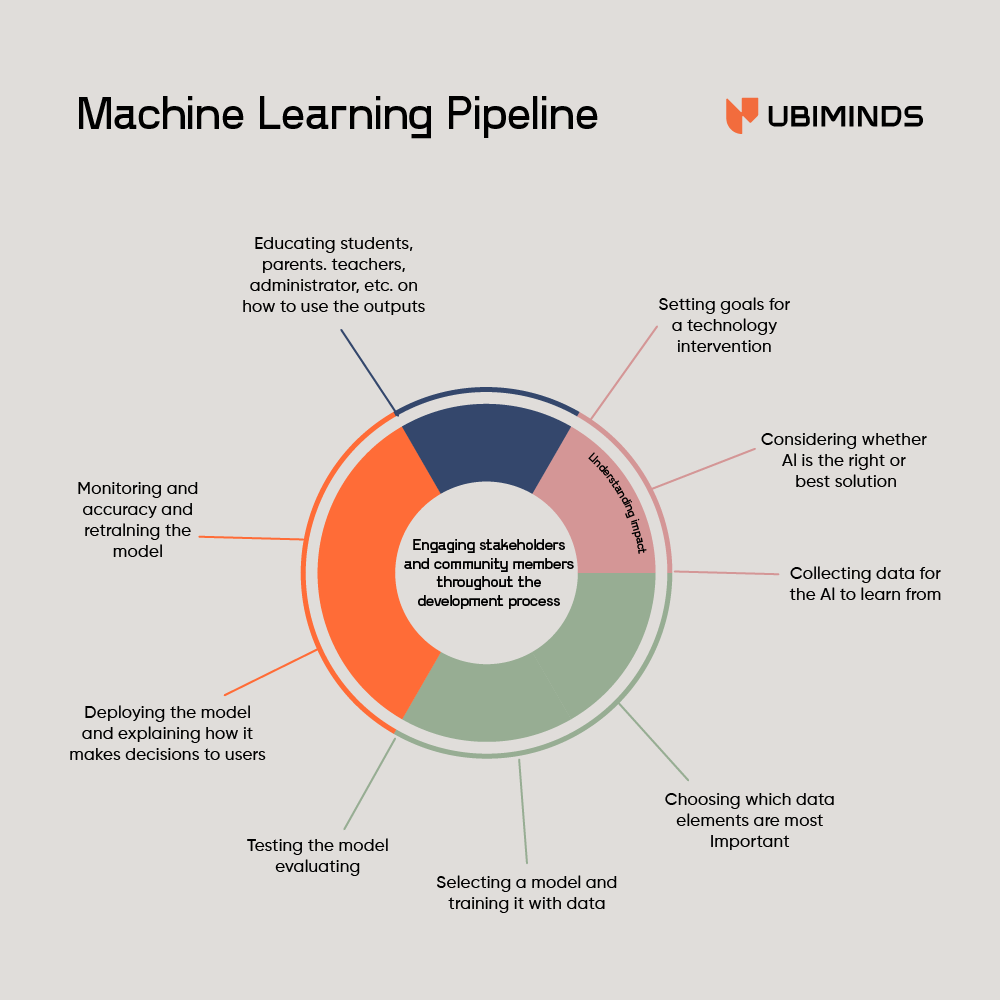In today’s educational landscape, the integration of artificial intelligence (AI) has emerged as a promising tool for improving learning experiences and outcomes. However, as AI becomes more prevalent in classrooms, concerns about equity, access, and fairness in education have grown. To delve deeper into these pressing issues, a panel of experts recently convened for a roundtable discussion on the topic of AI use in education and its implications for equity.
Participants:
– Adam Goldfarb (Program Officer, K12 Data at Bill and Melinda Gates Foundation)
– Stephanie Miller (VP Data and Impact at Axim)
– Sarah Schwettmann (Research Scientist at MIT)
– Shmona Simpson (CEO at Paritii)
The Growing Use of AI in Education:
The discussion began with an acknowledgment of the increasing adoption of AI technologies in education, particularly for content adaptation. However, it quickly became clear that not all students have equal access to these tools. Advantaged districts are often quicker to integrate AI, exacerbating existing disparities in educational opportunities, especially for Black and Latino students.
Responsible Use of AI:
Panelists stressed the importance of using AI responsibly in education. While AI can be a valuable tool for learning, it’s essential to strike a balance between technological assistance and human support. Mentors play a crucial role in guiding students, ensuring their engagement and development rather than simply focusing on completing tasks.

Beyond Task Completion to Student Developmental Growth
Addressing Biases in AI:
One of the most significant challenges discussed was the presence of biases within AI systems. Despite advancements, AI algorithms can still replicate biases present in their training data. To address this issue, panelists emphasized the importance of diversifying datasets and promoting transparency in data models to mitigate bias and ensure fair outcomes for all students.
Empowering Students with Data Literacy:
An important theme that emerged was the need to empower students with data literacy skills. Educators must help students understand how data is used in AI systems and how to critically evaluate its impact. By fostering data literacy, students can navigate AI-driven decision-making with confidence and advocate for equitable practices.
Inclusive AI Development:
Panelists highlighted the importance of developing AI technologies with inclusivity in mind. This means considering factors such as language, communication, and cultural representation to ensure that AI serves as a tool for promoting equity rather than perpetuating existing inequalities.
Policy and Societal Considerations:
The discussion also touched on the importance of incorporating equity concerns into AI policy frameworks. Policymakers need to solicit input from stakeholders and use data from educators to inform decisions about AI development and deployment.
Navigating Accountability in Education:
Educators play a crucial role in holding AI companies and systems accountable. By demystifying technology and advocating for student interests, educators can ensure that AI is used ethically and equitably in education.

Empowering Innovation: The Pipeline of Machine Learning Development
Conclusion:
As the discussion concluded, it was clear that addressing equity concerns in AI and education requires a concerted effort from all stakeholders. By prioritizing responsible development, transparency, and inclusivity, AI has the potential to revolutionize education and create more equitable learning environments for all students.
AI use by educational organizations is growing, especially for content adaptation.Yet, cost is a issue: while advantaged districts move faster, which includes training teachers, Black and Latino students are already facing a gap in terms of access (k-12 and post secondary).
AI is a collaborator, and when used responsibly, is great. Tools can be developed to make up almost a 1-1 teacher to student ratio. Can be used by teachers and counselors, balancing human touch and support is important. The mentor role pushing and encouraging them to move forward instead of just finishing.
Under the hood, it’s chat GPT with a different wrapping. The problem of one database which isn’t diverse will train the machine to replicate biases that are less obvious than just gender, race.

International Marketing Leader, specialized in tech. Proud to have built marketing and business generation structures for some of the fastest-growing SaaS companies on both sides of the Atlantic (UK, DACH, Iberia, LatAm, and NorthAm). Big fan of motherhood, world music, marketing, and backpacking. A little bit nerdy too!


